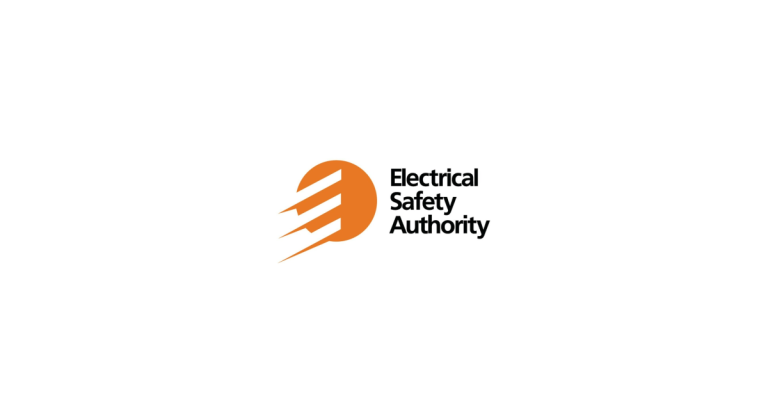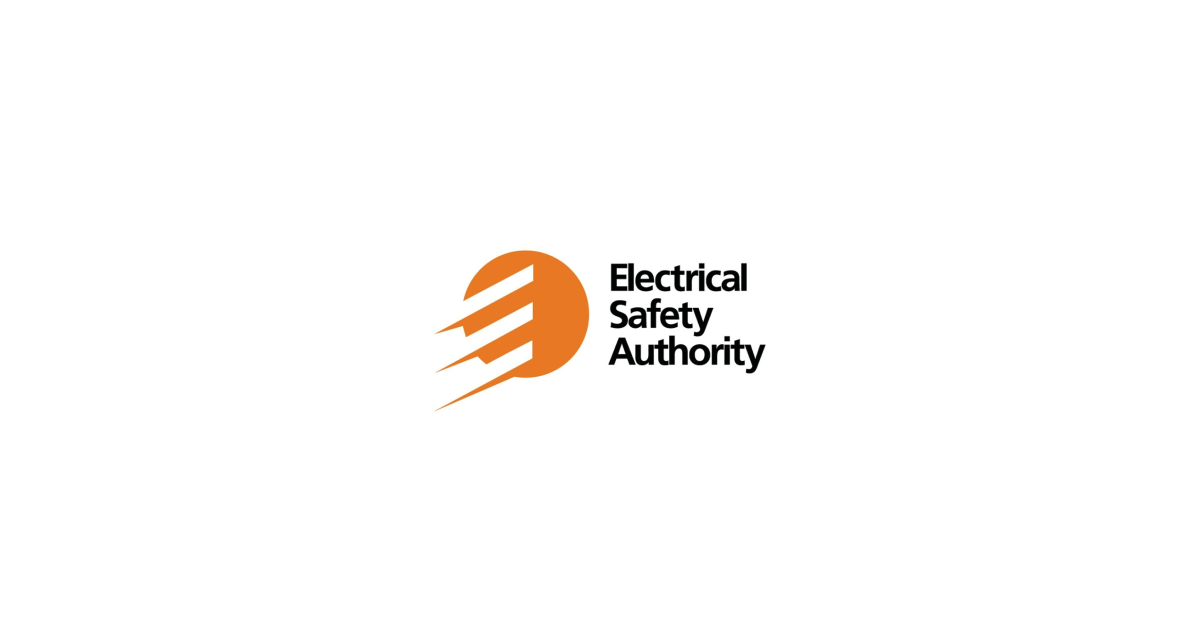If One of These People Asks, Can You Explain How Your Company Does Business?

September 01 2016
Shawn McCadden
Most contractors can’t explain how they do business, they just make things happen. In a smaller business, this may get you by. But as you grow your business, particularly if you want to grow past $1M in sales, the list of people below will want and or need to know how you do business.
Would you be able to explain it to them? Or will you let them tell you how it will happen? To grow a successful business these people in your path will need to know how you do business.
Prospects
If in the past they have had a bad or good experience with another contractor, savvy customers already know what worked or didn’t work for them and their project. Before they hire you, they will want to know how your business operates.
Customers
If they have already bought from you without knowing how you do business, they may have bought on price and have already assumed how you will do business. It’s probably not the same way you are assuming.
Employees
If employees don’t know how you do business, they will be challenged to take on responsibility as the business grows because they will never be able to assume what you want them to do or say at job sites and or with customers. If they take the risk of doing so, and then you chastise them for what they did, they will probably never take that risk again and or may look for a different job.
Recruits
Finding good employees these days is challenging. Finding a real project supervisor is near impossible. Try this example. You find a candidate, and during the interviewing he/she starts asking you questions about how your business and your project management system works. Will the person gain confidence in working for you or decide to look elsewhere? Good project managers know what they need from the business and how it should happen so they can actually produce projects on their own, from the job site.
Architects
Be careful here. If you don’t explain how you do business before winning the bid on an architect driven project, you might just be told how. Examples include how and when you will be paid, what will be considered a change order vs. what you should have assumed to be included, what margin you can earn on change orders, and what hoops you will need to jump through before receiving progress payments and final payments. Be sure to carefully read any contracts before signing them.
Sub-contractors
Good trade subs are hard to find. If you find a good one but don’t clarify how you do business with your subs before you hire they will likely be telling you what they expect after you are already committed to them. At that point you may have no other choice than to suck it up if you want to keep your job on schedule and your customer happy. A lack of clarity and consistency regarding your payment policies is probably the most common reason subs will lose interest in working with you on your next project.
Vendors
Again, be careful here. Be sure to explain how your sales process works and how you price materials before sending prospects and clients to vendors to pick things out. By doing so they can become part of your sales team. If you don’t, in a sincere effort to help you, they may actually create problems for you. Examples might include quoting wholesale prices, giving pricing breakdowns, or suggesting products you prefer not to use. If the prospect never even shares you sent them there, and you didn’t let the vendor know they were coming, the vendor may even recommending a different contractor just so they can be sure to get the sale.
Can’t explain how you do business?
Thinking of growing to or past $1M and need a defined way of doing business that works for you? Consider joining our upcoming Construction Business Owner Peer Group and Education Program. By participating in the 4-month program you’ll get structured education to help you as well as great insight and suggestions from your peers.
Shawn McCadden is a consultant, educator and speaker who offers business consulting and coaching services for remodelling business owners who want more for and from their businesses and their lives. He also consults with construction-related product manufacturers and suppliers, helping them understand, find, educate and better serve remodelers. Check out Shawn’s website http://www.shawnmccadden.com/ and blog www.shawnmccadden.com/Subscribe-to-The-Design-Builders-Blog.




![Guide to the Canadian Electrical Code, Part 1[i] – A Road Map: Section 52 — Diagnostic imaging installations](https://electricalindustry.ca/wp-content/uploads/2022/11/Guide-CE-Code-2-768x432.png)





![Guide to the Canadian Electrical Code, Part 1[i] – A Road Map: Section 52 — Diagnostic imaging installations](https://electricalindustry.ca/wp-content/uploads/2022/11/Guide-CE-Code-2.png)






